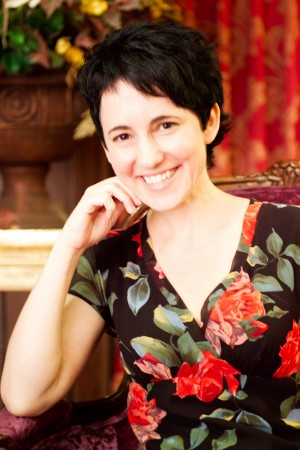|
|
Amie Elizabeth Parry
Associate
Professor, Department of English National
Central University, Chungli, Taiwan E-mail:
aparry@cc.ncu.edu.tw
|
|
Queer Literatures(EN 6092 ) Fall 2005 Time: Wednesday 2:00-4:50 Place: C2-437 Office A218 extension 33215 |
|||||||||||||||||||||||||||
|
Course Description:
This course explores a sampling of different types of queer literatures, with regard to both content and form. This course does not offer a comprehensive reading list on queer subjects (which would be impossible); nor does it assume that the most canonical texts are most representative of queer subjectivity and practice. Instead we will focus on developing critical reading skills and analytical tools that students can use independently in future work on texts that we will not necessarily have covered in this course. We will address the question of what constitutes a queer literature by analyzing how the queerness of a text can both construct and undermine genre conventions and aesthetic forms. The terms “queer” and “literature” will be broadly defined: the former as nonnormative sexuality and the latter as cultural expression that understands itself to be non-factual. We will start with a working definition of queerness as an open-ended constellation of sexual formations that is alterior to normative structures of feeling, desire and knowledge. We will not conceive of these formations as queer in an abstracted sense but as situated, differentiated and speaking to particular histories, contexts and social formations. We will consider queer literatures to be forms of cultural representation that attempt to make epistemological interventions into existing knowledge formations, such as a given sense of space and time, a naturalized plot structure, or an identity category, and that open up new representational possibilities. As such, queer literatures must interrogate the very forms, genres and representational modes that they inhabit, sometimes even interrogating queer identity categories such as “lesbian.” The course will be organized around genre- and form-related topics listed below. |
|||||||||||||||||||||||||||
|
Requirements:
(1) Students are required to bring at least one thoughtful question to each class meeting. (2) Short papers (2-4 pages) on the topic of each unit will be due on or before the last day of each unit (no late papers will be accepted). In these papers, students should respond to class discussions and assigned readings by offering individual thinking on the embedded formation of queer desires in power relations determined by class, race, geo-political location etc. To do so, students will analyze the specific ways in which the assigned text engages the heterosexual plot, or imagines a queer time or a queer space, etc. (3) Each student will be responsible for at least one oral presentation on assigned material. (4) The final paper will be an expansion and rewriting of one short paper (or a combination of short papers) based on my comments and later class discussions. The original short papers should be turned in with the final paper. |
|||||||||||||||||||||||||||
|
Textbooks to buy:
Virginia Woolf, Mrs. Dalloway; Vladimir Nabokov, Lolita; James Baldwin, Giovanni’s Room; Audre Lorde, Zami: A New Spelling of My Name; course reader (available at Gaoguan). |
|||||||||||||||||||||||||||
|
Schedule of Classes:
|
